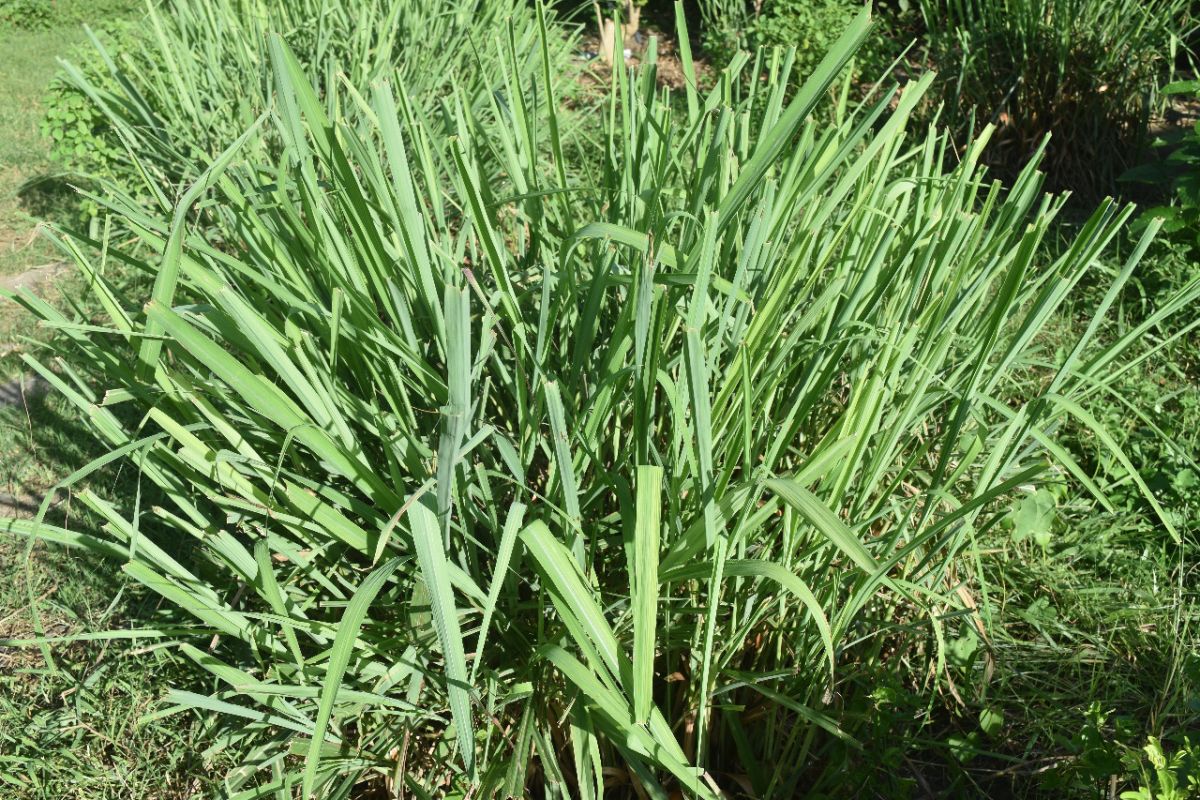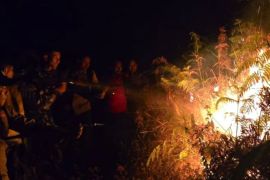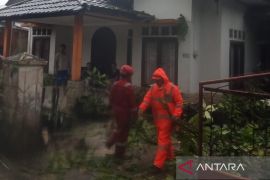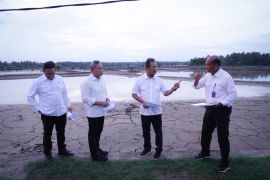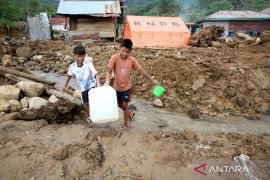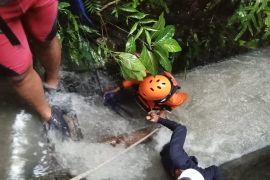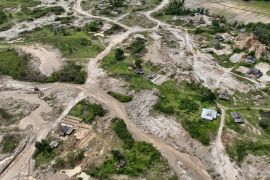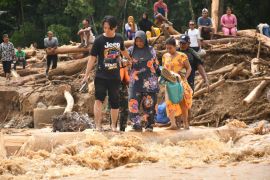These lemongrass leaves are very environment-friendlyMataram, W Nusa Tenggara (ANTARA) - Lemongrass leaves can be an alternative to mosquito repellents post floods on Lombok Island, Indriyanto S.Hut, M.P., a forestry professor at Mataram University, has said.
"These lemongrass leaves are very environment-friendly," he told ANTARA here on Friday.
Mosquitoes are a big problem for affected residents post floods, he noted. However, not many are aware of the advantages of lemongrass leaves, he said.
For using lemongrass leaves as mosquito repellents, the oil needs to be extracted from them first, the silviculture lecturer said.
Related news: Health Ministry checks air, food quality at refugee shelters
"A person will feel hot when the oil is rubbed on their body, but its benefits are amazing," he explained.
According to Indriyanto, obtaining lemongrass leaves is not hard, especially in the Pusuk forest area on the borders of West Lombok and Kekait, North Lombok.
In fact, he added, the process of turning fragrant lemongrass leaves into oil was known by ancestors living on Lombok Island, but the knowledge has begun to fade.
Hence, some lemongrass trials have been developed independently in South Ampenan, Mataram, over half a hectare of lowlands, and medium-level plains in Sedau village, Narmada sub-district, West Lombok district, he informed.
Related news: Mt Semeru eruption: Rescuers still search for 12 missing residents
The trials are supported by the United Nations Office for Project Services (UNOPS) in Indonesia and the Small Grants Programme (SGP) Indonesia, he said. The aim is to use the demo plots for educational purposes, he added.
Our field school not only teaches cultivation techniques but also the oil distillation process for obtaining lemongrass oil, besides studying existing compounds, he said.
Another benefit of lemongrass plants is that they protect soil against erosion, he informed. "These plants can be grown in between durian trees or others in the Pusuk forest area," he added.
Related news: Government seeks suitable relocation places for Mount Semeru victims
Therefore, lemongrass should be cultivated again because their strength in repelling mosquitoes has been tested through experiments, he said.
"Lemongrass leaves cultivation maintains the community's resilience when hit by disasters," Indriyanto added.
Several regions on Lombok Island were inundated on December 6, 2021. Some residents even lost their homes and were evacuated to shelters.
Related news: Gov't aiming to complete vaccinations by March-April 2022
Related news: Booster vaccinations to commence on Jan 1: deputy minister
Translator: Riza F, Kenzu T
Editor: Fardah Assegaf
Copyright © ANTARA 2021
